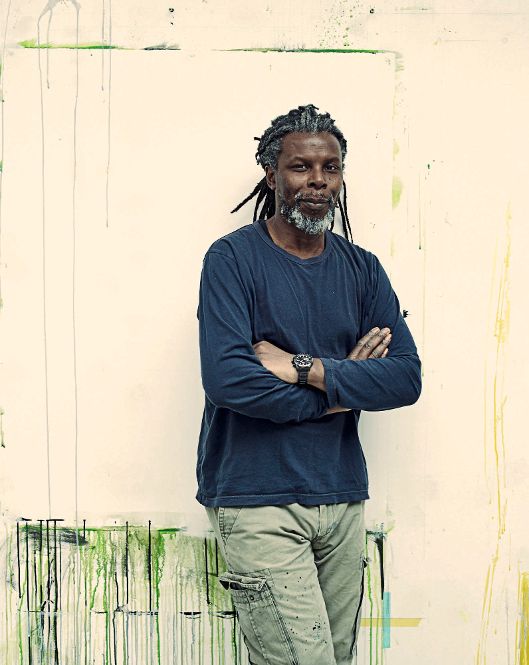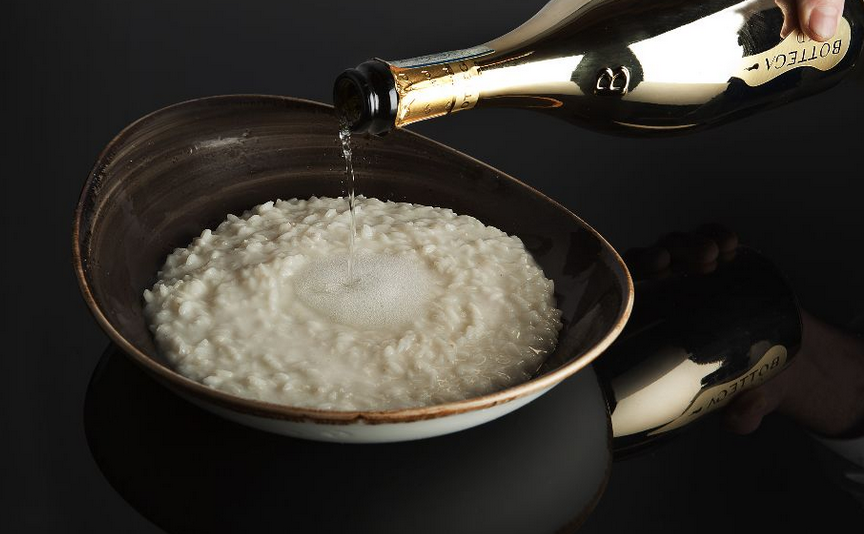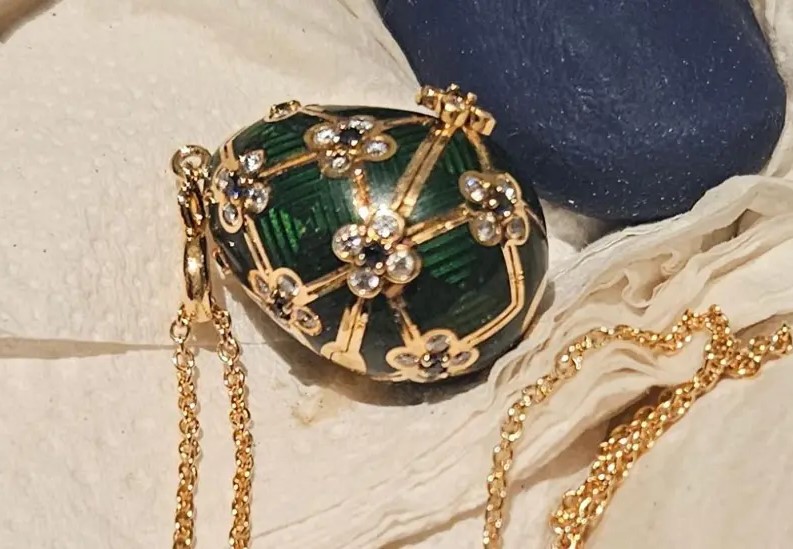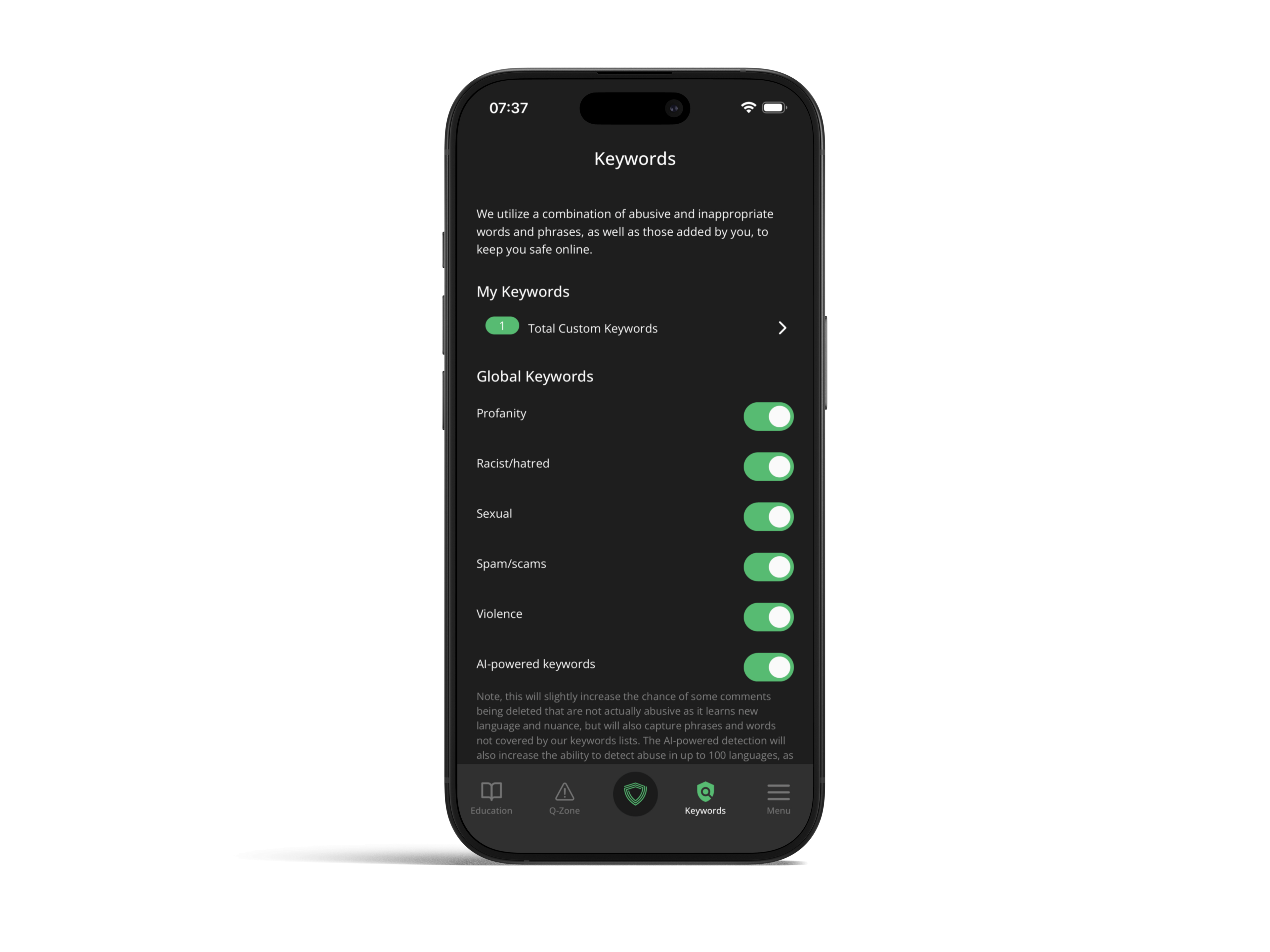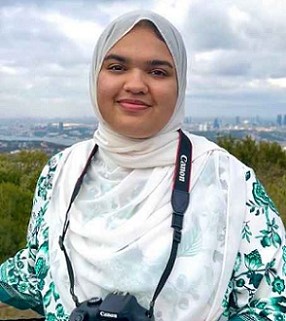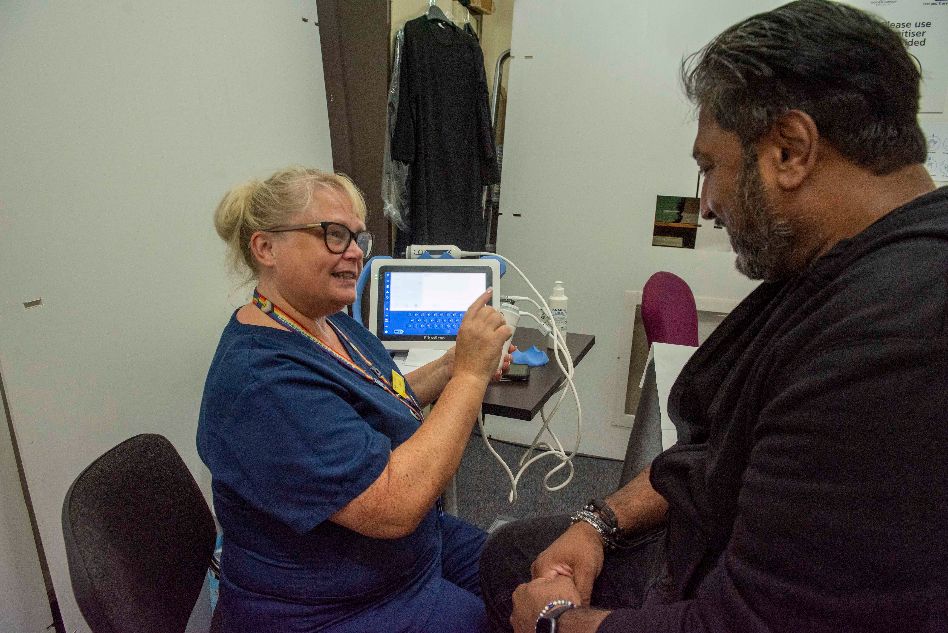One of Britain’s top contemporary painters has said that although there have been improvements, more needs to be done to boost diversity and inclusion in the arts and now is not the time to become complacent.
Speaking at a ceremony where he received an Honorary Doctorate from Birmingham City University in front of hundreds of graduating Faculty of Arts, Design and Media students, the Turner Prize nominated artist Hurvin Anderson said: “If truth be told when I look back at myself, I am amazed that I've pursued this career.
“When I was young there was not much representation of Black artists. You cannot underestimate the power of seeing yourself reflected in paintings or in the media, and especially the impact when representation is negative. I did not see a me-shaped space in my field but thankfully with perseverance and a combination of hard work and perhaps a bit of luck, it has worked out for me.
“I’m pleased to see lessons are being slowly learnt in this area and I think times are changing, but we must keep doing the work to improve equality and inclusion within the arts industry. Now is not the time to be complacent – there are still things to be done if we want to nurture and encourage more raw talent in our communities.”
The Birmingham-born artist, whose works are largely inspired by growing up in the city’s African-Caribbean community in Handsworth, admits that although there were some Black contemporary artists when he began his career, their stories were far from the forefront.
“When I first embarked on a career in art, I felt like our stories weren’t being shared and were not deemed as important as everyone else’s,” he added.
“But my family and my community’s story have always felt an important one to tell. Of course, all this storytelling began at home as a boy when I would draw with my brothers. It became crystallized into something more formal in my time spent at Birmingham Polytechnic, as Birmingham City University was then known, when I took a Fine Art Foundation course.”
Hurvin, who studied at the Polytechnic in 1991, has since gone on to achieve international status in the art world, with works exhibited in prestigious galleries such as Ikon Gallery in Birmingham, Arts Club of Chicago, and Tate Modern in London. He recently returned to Birmingham City University to receive one of the University’s highest accolades in recognition of his outstanding achievements as an artist.
He added: “Receiving this honorary doctorate has made my family incredibly proud and this honour is all the greater as Birmingham means so much to me – it’s my hometown and is also at the centre of much of my work. Through the imagery in my paintings of barbershops, of Caribbean homes and of local parks, I have always been interested in exploring a sense of place and our relationships to those spaces, taking in ideas around immigration and cultural identity along the way.”
In 2017, at the age of 52, Hurvin became one of the first artists over 50 to be nominated for the prestigious Turner Prize for his exhibitions at New Art Exchange, Nottingham and the Art Gallery of Ontario, Toronto. The judges described him as "an outstanding British painter whose art speaks to our current political moment with questions about identity and belonging."
The following year, in 2018, he also became the first artist to be selected for the TenTen Commission – created to showcase the work of some of the best British artists across the UK’s worldwide network of embassies and diplomatic. His contributions to the TenTen scheme feature scenes of memories from the front room of his mother’s house in Birmingham.



